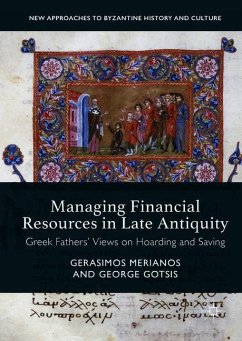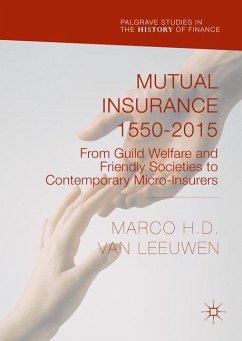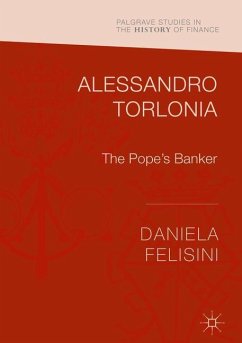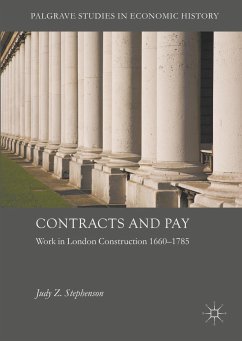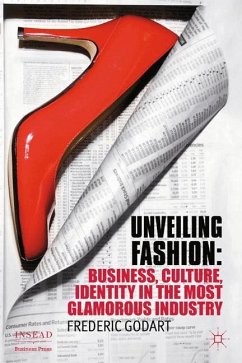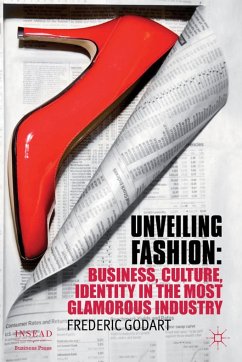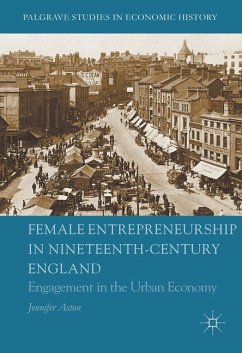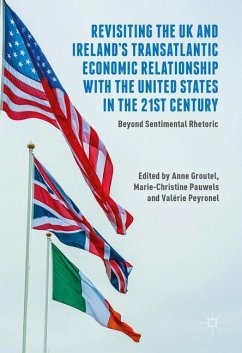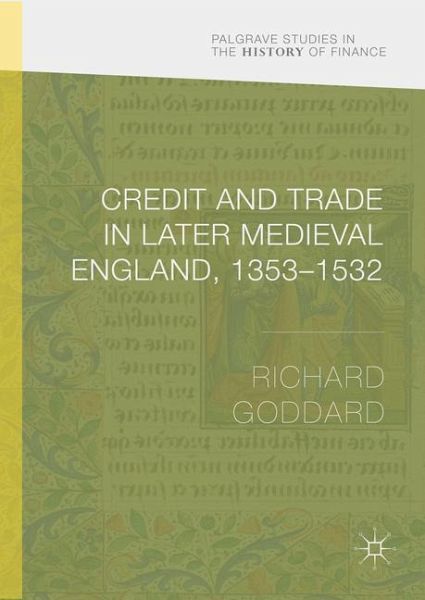
Credit and Trade in Later Medieval England, 1353-1532

PAYBACK Punkte
46 °P sammeln!
This book challenges the notion that economic crises aremodern phenomena through its exploration of the tumultuous 'credit-crunch' ofthe later Middle Ages. It illustrates clearly how influences such as the BlackDeath, inter-European warfare, climate change and a bullion famine occasionedsevere and prolonged economic decline across fifteenth century England. Earlychapters discuss trends in lending and borrowing, and the use of credit to funddomestic trade through detailed analysis of the Statute Staple and rich primarysources. The author then adopts a broad-based geographic lens to examineprovi...
This book challenges the notion that economic crises aremodern phenomena through its exploration of the tumultuous 'credit-crunch' ofthe later Middle Ages. It illustrates clearly how influences such as the BlackDeath, inter-European warfare, climate change and a bullion famine occasionedsevere and prolonged economic decline across fifteenth century England. Earlychapters discuss trends in lending and borrowing, and the use of credit to funddomestic trade through detailed analysis of the Statute Staple and rich primarysources. The author then adopts a broad-based geographic lens to examineprovincial credit before focusing on London's development as the commercial powerhousein late medieval business.
Academics and students of modern economic change and historicfinancial revolutions alike will see that the years from 1353 to1532 encompassed immense upheaval and change, reminiscent of modern recessions.The author carefully guides the reader to see that these shifts aretheprecursors of economic change in the early modern period, laying thefoundations for the financial world as we know it today.
Academics and students of modern economic change and historicfinancial revolutions alike will see that the years from 1353 to1532 encompassed immense upheaval and change, reminiscent of modern recessions.The author carefully guides the reader to see that these shifts aretheprecursors of economic change in the early modern period, laying thefoundations for the financial world as we know it today.



